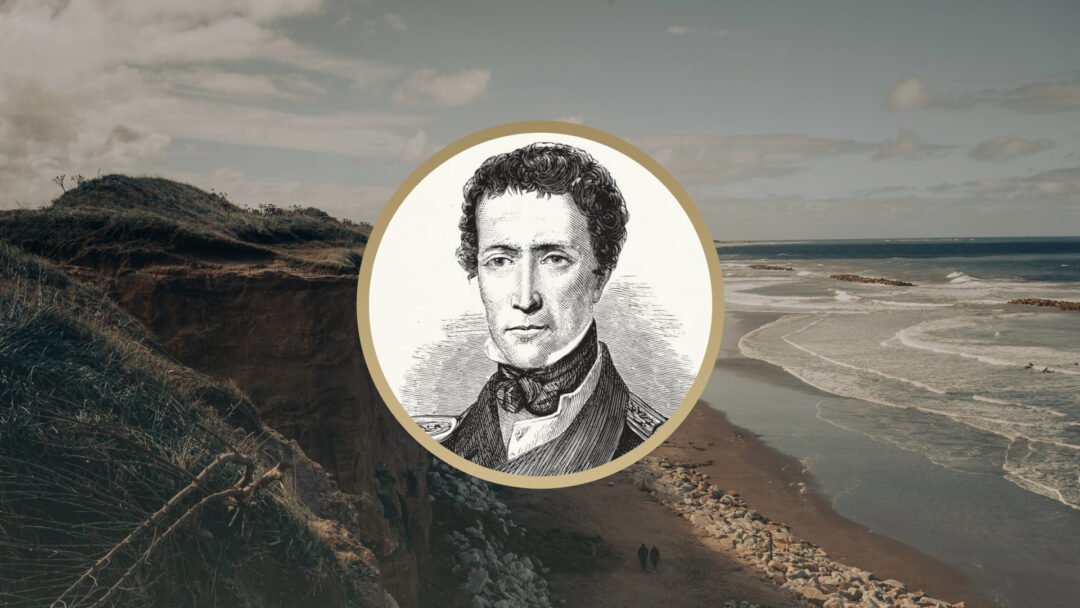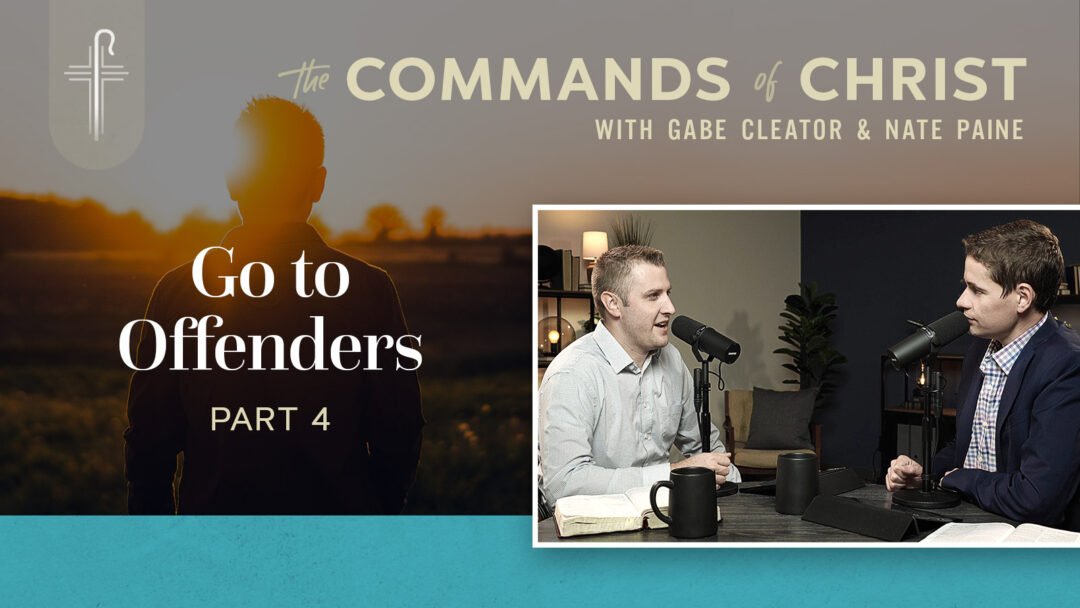The Lord Jesus was criticized by the Pharisees over the proper observation of the Sabbath Day. Matthew, Mark, and Luke all give an account of two particularly dramatic events that took place on the Sabbath during the early days of Christ’s Galilean ministry and raised a storm of controversy.
Let’s first examine the account as given by Mark in the final section of Chapter 2 of his Gospel. “And it came to pass, that he [Jesus] went through the corn fields on the sabbath day; and his disciples began, as they went, to pluck the ears of corn. And the Pharisees said unto him, Behold, why do they on the sabbath day that which is not lawful?” (Mark 2:23–24).
These “ears of corn” were not American corn on the cob (maize) but rather common grains, such as wheat or barley, that were grown in Bible lands. The hungry disciples rubbed the ripened grains between their hands to remove the husk and then ate the grains for nourishment. The critical Pharisees viewed this action as work, which was a violation of the Fourth Commandment.
The Jewish Talmud gives detailed regulations prohibiting harvesting on the Sabbath Day. The Old Testament Law as given in Exodus 34:21 simply says that the Israelites were to labor for six days but to rest on the seventh day. Upon this prohibition, the Talmudic scholars added a voluminous commentary that spanned twenty-four chapters! In the tradition of the rabbis, even rubbing grain between one’s hands was unlawful.
Jesus answered the Pharisees’ criticism by referring to the history of David, which they should have been familiar with: “Have ye never read what David did, when he had need, and was an hungred, he, and they that were with him? How he went into the house of God in the days of Abiathar the high priest, and did eat the shewbread, which is not lawful to eat but for the priests, and gave also to them which were with him?” (Mark 2:25–26).
Christ was speaking of the account in I Samuel Chapter 21. David was fleeing from Saul and took refuge for a time with the priests at the village of Nob. He and his men ate the shewbread for nourishment when the priests had no other food to offer them. Jesus was not necessarily justifying David’s action in this story. However, He was showing the Pharisees the inconsistency of their honoring David and then criticizing Jesus. Their standards were inconsistent and man-made, resulting in a distorted view of right and wrong. If they honored David, they should also honor the Son of David.If they allowed for the necessity of preserving human life in the account of David and his men, they should allow for the preservation of Jesus and His disciples in the hour of their need.
Jesus followed this Scriptural citation with two important comments on the Sabbath:
1. “The sabbath was made for man, and not man for the sabbath” (Mark 2:27).
The day of rest was given to mankind not to be a burden but to be a blessing. Instead of subjecting their own reasoning to the Scripture, the Pharisees had subjected the Scripture to their own reasoning. They had constructed a system of human traditions that added to the Word of God and perverted the Sabbath law into a man-centered show of piety rather than a God-centered day of rest and worship.
2. “Therefore the Son of man is Lord also of the sabbath” (Mark 2:28).
By calling Himself the Lord of the Sabbath, Jesus was affirming that He was the Creator of the universe and the One Who instituted the day of rest. As Creator and Redeemer, Jesus—and no one else—has the authority to regulate what may or what may not be done on the day of rest. By their pride and presumption, the Pharisees were attempting to usurp the authority of Jesus as Lord of the Sabbath.
In the very next chapter of Mark’s Gospel, a second significant confrontation occurs. At this point, Jesus exposed the hypocrisy of the Pharisees and demonstrated what it means to do well on the Sabbath Day.
And he [Jesus] entered again into the synagogue; and there was a man there which had a withered hand. And they watched him, whether he would heal him on the sabbath day; that they might accuse him. And he saith unto the man which had the withered hand, Stand forth. And he saith unto them, Is it lawful to do good on the sabbath days, or to do evil? To save life, or to kill? But they held their peace. And when he had looked round about on them with anger, being grieved for the hardness of their hearts, he saith unto the man, Stretch forth thine hand. And he stretched it out: andhis hand was restored whole as the other. And the Phariseeswent forth, and straightway took counsel with the Herodians against him, how they might destroy him (Mark 3:1-6).
In this dramatic account, the Lord Jesus displays His righteous anger against those who twisted the Law of God to impose their own man-made rules and regulations concerning the Sabbath. By asking the Pharisees if it was lawful to do good or evil, to save or to kill, Jesus was trapping the Pharisees in their own selfish plans. The Pharisees had come to the synagogue that Sabbath Day not to worship God, not to receive a message from Scripture, not to rejoice in a miracle, but to accuse Jesus. Luke adds these penetrating words in his own account of this event, “But he [Jesus] knew their thoughts” (Luke 6:8). It is unlawful to plot the death of a righteous man on any day of the week. Thus, it was not Jesus Who was desecrating the Sabbath, but these Pharisees themselves!
In the sight of all, Jesus healed this man with the withered hand, demonstrating that it is indeed “lawful to do good on the sabbath days.”
Each one of us should examine our own heart. The Lord of the Sabbath examines not only what we do but also what we think. God forbid that we ever come to church as a Pharisee might, looking to criticize or condemn other Christians. God forbid that we manufacture our own standards of what is right and what is wrong. God forbid that we ever become hypocrites, hiding our selfish hearts behind a show of outward piety. Rather, may we attend church with the same attitude as this poor man with the withered hand and expectant hope to receive a blessing from the Lord Jesus. If we will come with this attitude of humility and faith, we will never be disappointed on God’s appointed day of rest.





